Main Learnt vs. Learned Takeaways:
- Both learnt and learned are acceptable forms of the verb learn in past participle and past tense.
- Learnt is more common outside of North America, especially in British English.
- Wherever you are, when used as an adjective, only learnedis correct.
- Sometimes learned is used as an adjective, but learnt is always a verb.
What’s the Meaning of Learned?
As a verb, learned means that you completed the process of acquiring or retaining knowledge. It’s how we conjugate the verb learn in both past tense and past participle. However, as an adjective, learned describes a knowledgeable or well-educated person. You also pronounce learned differently depending on whether you use it as a noun or a verb. For example, learned the verb sounds more like one syllable while learned the adjective sounds more like two.
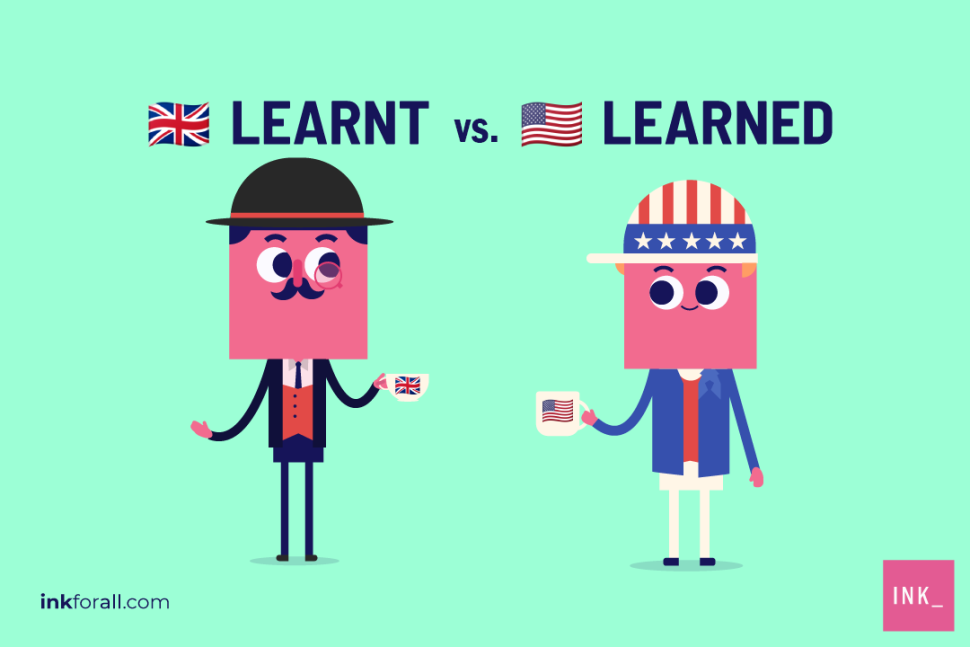

Let’s dig a bit deeper into this difference in pronunciation.
You don’t fully pronounce the second “e” when you use learned in reference to information previously acquired. You know you’re saying the verb correctly when the word sounds more like it only has one syllable.
Here are some examples of when you would use this pronunciation of learned:
Conversely, you emphasize the second “e” when you use learned as an adjective to describe a person. You know you’re saying the adjective correctly when the word sounds more like two distinct syllables.
Here’s an example of when to use this pronunciation of learned:
Learntdefinition:(verb) knowledge gained by personal experience or formal studies
Learned definition:(adjective) scholarly; demonstrating, requiring, or characterized by learning
Learnt vs. Learned: Which one is Correct?
As a verb,both learned and learnt are correct. They both mean that you completed the process of acquiring or retaining knowledge. And, they are both accepted ways of conjugating the verb learn in past tense and past participle. Learnt is exactly the same thing, just the more common way of spelling the verb outside of North America. However, as an adjective, learned describes a knowledgeable or well-educated person. When used this way, only learned is correct, no matter your location. In short, you cannot use learnt as an adjective.
At the end of the day, you can typically use learnt or learned in a sentence without introducing a grammatical error. The only difference is that learned is more common in the U.S. and Canada, while learnt is often preferred outside of North America.
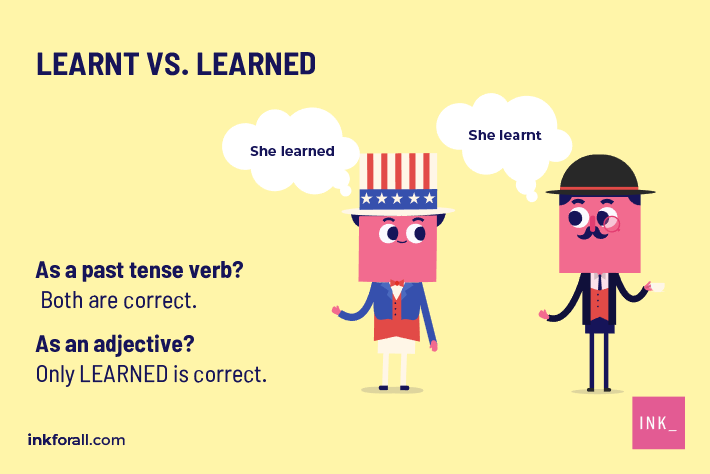

Interestingly, the -ed variant for past tense verbs is becoming more common in British English. That means learned may eventually replace learnt as the preferred spelling for English speakers in countries that use British English.
How do you use Learnt in a Sentence?
You can use learnt any time you need the past tense of the verb learn. Let’s review some examples of learnt and learned in sentences.
In the sentences above, learned and learnt are interchangeable words. However, it’s important to remember you can only use learned as an adjective, not learnt.
You may have heard of learned behavior or learned attitude.
You can’t go wrong using learnt vs. learned as a verb, regardless of your location. Learnt is more common outside of North America, but it’s still an acceptable word for U.S. and Canadian speakers. You can even use it in Scrabble!
Test Your Learnt vs. Learned Skills With This Quick Quiz
Learnt vs. Learned Question #1
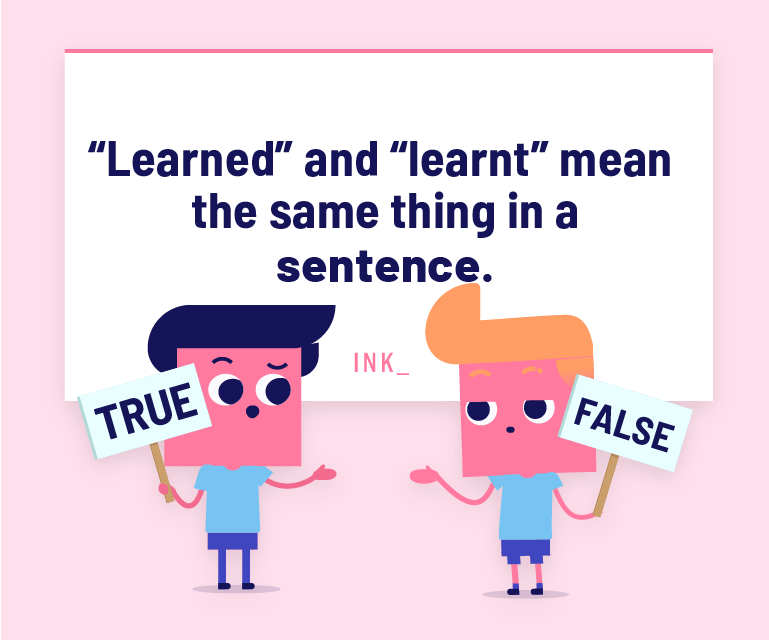

The answer is TRUE. Both words function as the past participle and past tense of the verb "learn."
Learnt or Learned Question #2
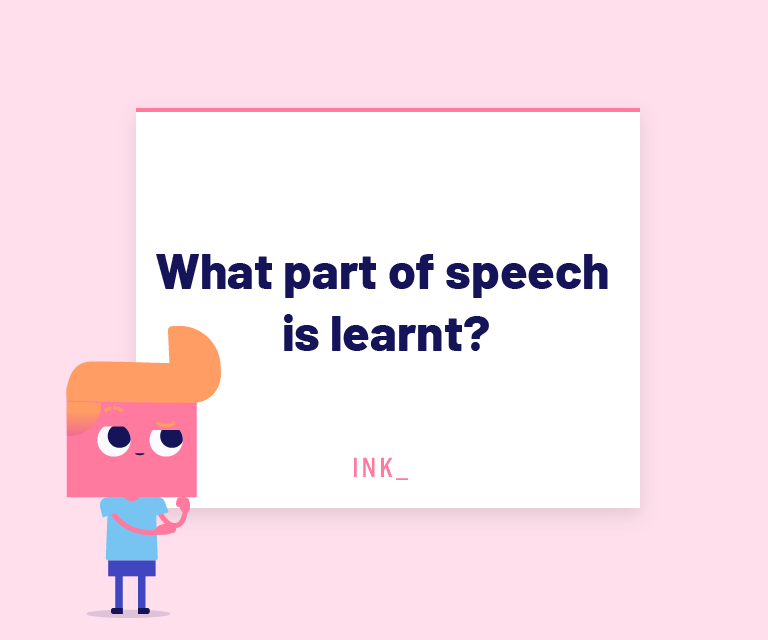

The answer is B. “Learnt” is a verb that references a previous process of acquiring or retaining knowledge.
Learnt Question #3
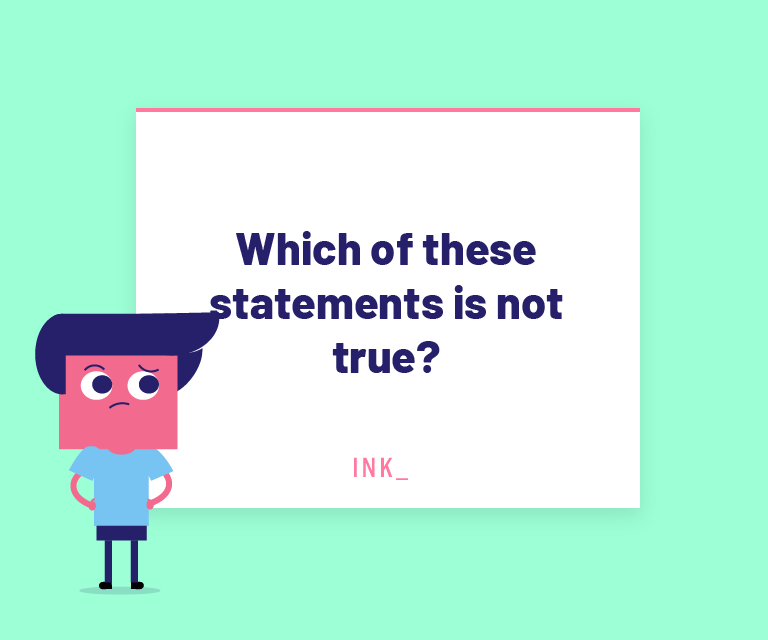

The answer is A. You can only use learned as an adjective in a sentence.
Learned Question #4
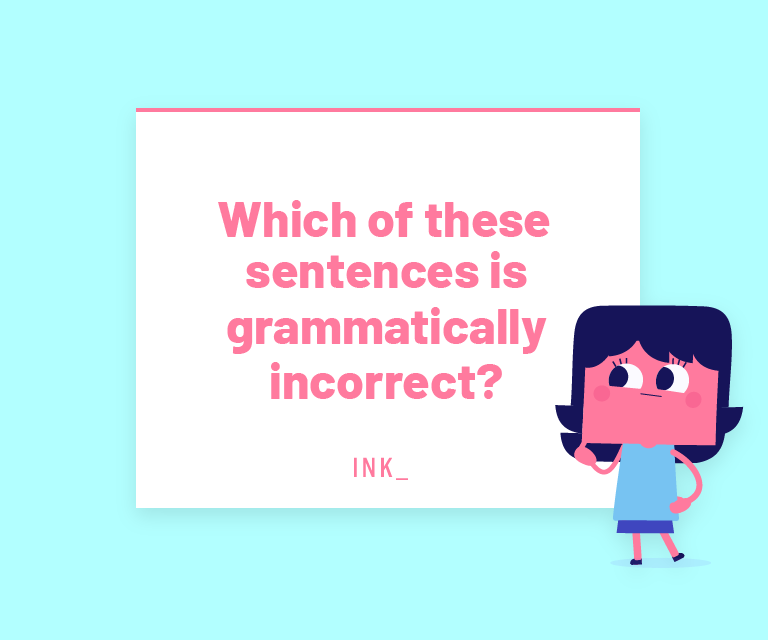

The answer is C. You can only use “learnt” as a verb, but not as an adjective.
